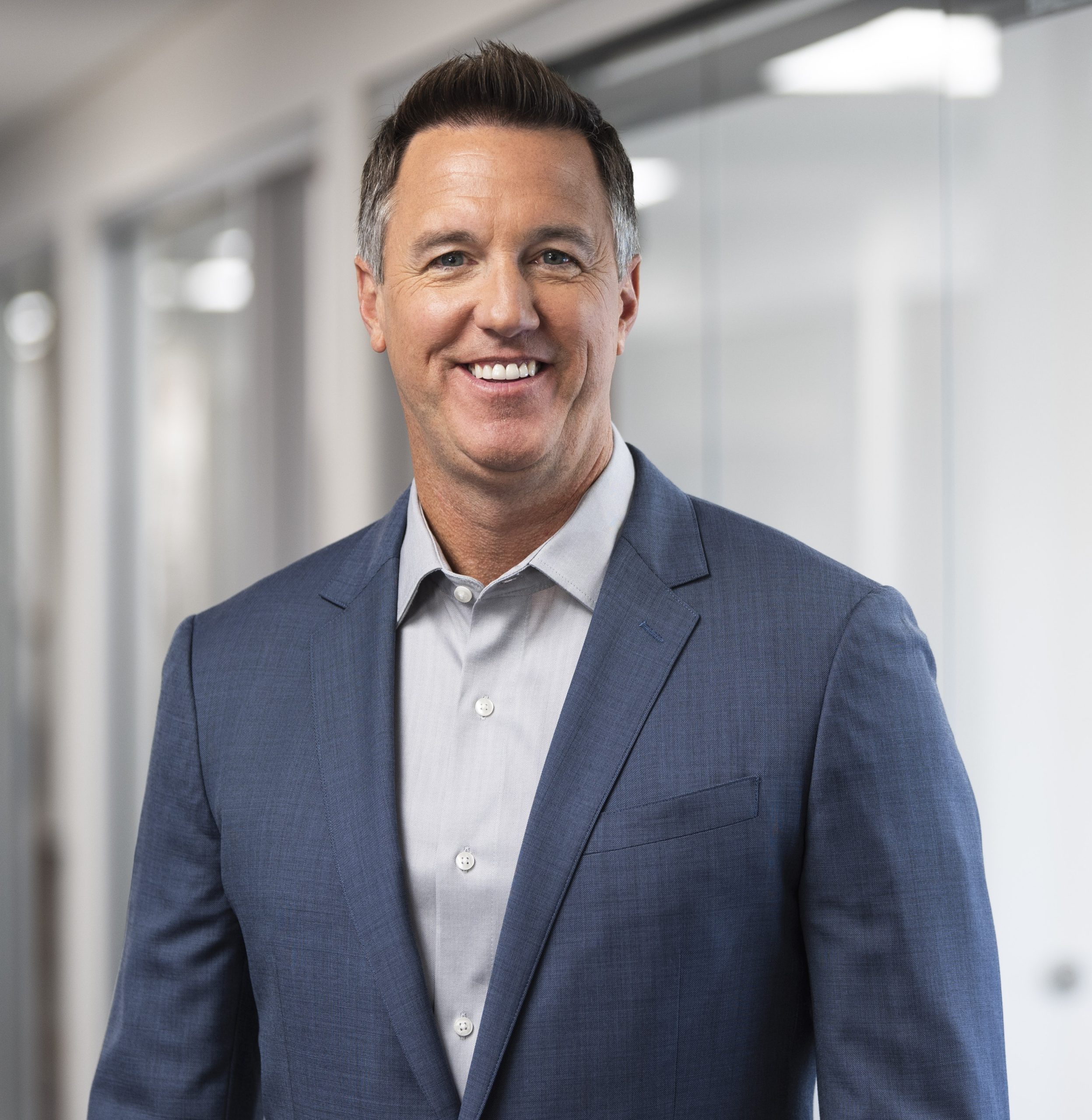Distributors/Service Centers

August 11, 2016
Ryerson: Inventories Lean and Getting Leaner
Written by Sandy Williams
Ryerson Holding Corp, a leading metals distributor and processor, reported net income of $5.6 million for second quarter 2016. Sales of $739.8 million declined 12 percent year over year due to lower average selling price, but increased 5.3 percent from Q1. Tons shipped increased 3.5 percent.
Ryerson expects manufacturing growth to remain slow in the short term but lean industrial inventories and bottoming conditions for some sectors suggest stronger growth ahead.
Remarked President and CEO Edward Lehner, “For the metal service center industry, demand is measured by MSCI volume. Figures are still down year-over-year with a decline of 5.3%. On a sequential basis though, service center industry volume improved 2% yet long term investment in capital equipment and infrastructure remained below historical averages, and these issues are now prominent and trending in the public discourse.”
Successful trade cases have slowed carbon and sheet steel imports, helping to improve pricing.
Year to date growth in Ryerson end markets was offset by declines in oil and gas and commercial ground transportation. Tons sold increased in construction and the consumer section in second quarter.
During the company earnings call the Ryerson executives were asked to comment on seasonal slowdown and demand.
Michael Burbach, president Northwest Region, said that the industry is still in a very depressed part of the demand cycle. Investment trends, he said, look similar to industrial U.S. manufacturing in 1979-1981.
Added Burbach, “The second part of that is what happens in July, August and September; and I think if you look at mill utilization rate 72% with imports starting to creep up, you would speak to demand being stable. But demand will not to be robust once you get beyond automotive pickups and construction and some consumer related end markets. So there’s still a lot of upside in our view moving forward through the balance of 2016, really more so into 2017 and 2018, because we think long term these investment ratios will correct and when they do we think we come into a secular upturn in investment growth.”
The Ryerson executives agreed that inventories are lean and getting leaner. “Folks are being careful with the working capital investment and they are not taking any long positions in inventory that we can see,” said CFO Erich Schnaufer.” When demand comes it should bring much better conditions to the industry, he added.
Lehner said that concerns of a drop in domestic carbon prices, due to the spread between foreign and domestic, is making customers careful.
“I think they’re being very careful in terms of not wanting their inventories to devalue and I also think that the amplitude of the modulation and the volatility of working capital investment have made people very conservative in how they look at how they look at taking positions in inventory.”







